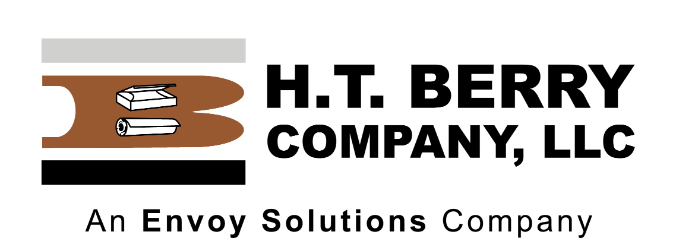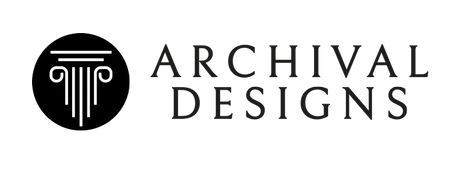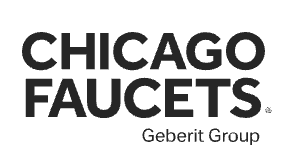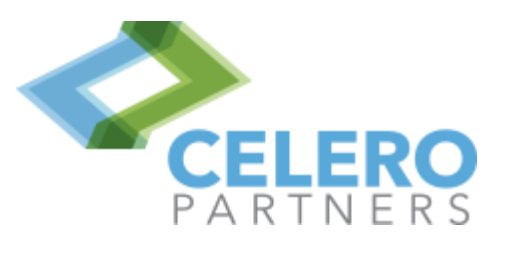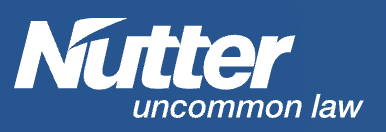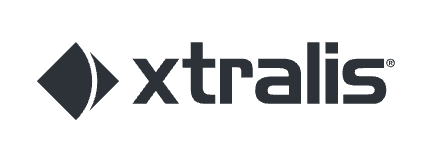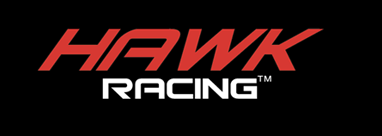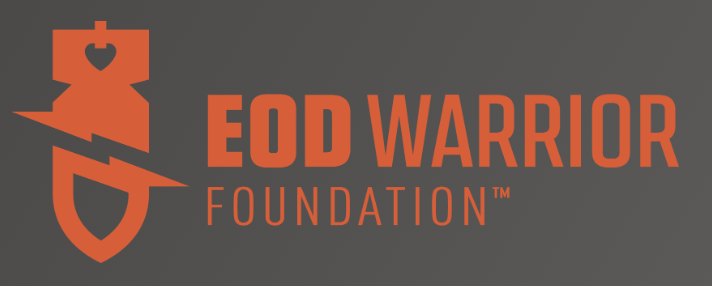Is Your Website Worthy of a Natural Link?
Categorized in: SEO
 Link building remains an important component of an SEO program, since inbound links still convey trust to the search engines and remain part of the search algorithm. However, link building has shifted away from the quantity of inbound links and instead focuses on the quality of inbound links. And when it comes to the quality of an inbound link, there’s nothing better than a natural link (someone choosing to link to your website on their own).
Link building remains an important component of an SEO program, since inbound links still convey trust to the search engines and remain part of the search algorithm. However, link building has shifted away from the quantity of inbound links and instead focuses on the quality of inbound links. And when it comes to the quality of an inbound link, there’s nothing better than a natural link (someone choosing to link to your website on their own).
If you want to generate these natural links, you need to give people a reason to link over to you. Sure, there might be some reason to link to your homepage, or a partner or supplier might link to one of your service or product pages. But who else is going to link to these pages? Why should they? The web pages that people link over to naturally are the pages that they find the most useful such as informational content about the industry.
This is why business blogging has become so crucial today. The business/website owners that are producing quality, long form content on their blogs are gaining notoriety as thought leaders and achieving social media followers and website traffic because of it. Target audience members are linking to it as a resource within their own content or sharing it outright with their followers because they see the value in it.
This content improves SEO in two ways. First, it’s achieving those natural, hard to get, inbound links that can really give a website a boost in the eyes of the search engines. The search engines are smart. They know when the site owner is placing a link (and probably paying for it) and when a third party website is choosing to link to it. Which do you think carries more weight? Second, thought leadership content can rank in the search engines for specific keywords and drive organic traffic over time.
 When creating this natural “linkworthy” content, a website owner needs to understand the difference between informational content about the industry and promotional content about their company. For example, there’s nothing wrong with announcing a new product launch, but the majority of a website’s content can’t be those types of posts. After all, unless you’re a huge well known tech company (that probably doesn’t need the links anyway!), is a new product launch really going to attract many natural inbound links? In order to gain links, the content focus needs to be on long form, informational content.
When creating this natural “linkworthy” content, a website owner needs to understand the difference between informational content about the industry and promotional content about their company. For example, there’s nothing wrong with announcing a new product launch, but the majority of a website’s content can’t be those types of posts. After all, unless you’re a huge well known tech company (that probably doesn’t need the links anyway!), is a new product launch really going to attract many natural inbound links? In order to gain links, the content focus needs to be on long form, informational content.
Of course, a piece of content is only going to be linked to if it’s found in the first place. Since it can take time to rank organically, it’s important to have an initial push via social media. This is an important reason why SEO and social media are tied together. Social media can kick things off, so to say. So, if you have your social channels built up and share an awesome piece of content, it gets more eyes on it and increases the chances that it will be linked to naturally on third party sites, improving SEO efforts. For an added boost, invest in social advertising and use targeting options to ensure that only the most relevant target audience members are seeing the content.
The bottom line is this: links are still important, especially natural links. Achieving them via content marketing has become much more difficult, but the payoff is worth the effort.
LIKE AND SHARE THIS ARTICLE:











